WASHPO: You Can Wrap That Red Herring in a Plastic (or Paper) Bag
 Click HERE to read this excellent article in the Washington Post on how the bag industry is funding campaigns to use scare and racial tactics to try and get the bag billed squashed. Let your councilperson know that you SUPPORT the bag bill!
Click HERE to read this excellent article in the Washington Post on how the bag industry is funding campaigns to use scare and racial tactics to try and get the bag billed squashed. Let your councilperson know that you SUPPORT the bag bill!Article:
By Marc Fisher
Thursday, April 2, 2009; B01
First, a quick detour back to 1987, when D.C. voters made the city the most liberal place in the country to defeat a ballot question that would have imposed a nickel deposit on soda and beer bottles and cans.
The drink and bottling industries pumped $2 million into that campaign, flipping what had been 70 percent support for the bottle bill by turning the debate into one about race and class.
"You can tell a lot about an issue by who supports it and who opposes it," said the ads from the Clean Capital City Committee, an industry-funded group that hired minority consulting firms and black political operatives to paint the bottle bill as an elite white environmentalists' scheme. The ads listed pro-deposit groups such as the Citizens Association of Georgetown and the Capitol Hill Gardening Club next to anti-deposit groups such as the NAACP and Operation PUSH. (Got the message?)
End of history lesson. Flash forward to this week, when residents of black neighborhoods in Southeast Washington are receiving faxes and robocalls urging them to let D.C. Council members know that they oppose member Tommy Wells's proposal to slap a nickel fee on plastic or paper bags. The idea is to encourage use of reusable bags instead of the throwaways that litter the Anacostia River and the streets.
A group called the Progressive Bag Affiliates, funded by the American Chemistry Council and leading bag makers, has hired Darrell Carrington, a lobbyist from Annapolis who is African American. Carrington tells me that he's making the rounds of council members' offices, arguing that any fee on bags "is going to disproportionately hit low-income people, who are predominantly minorities. That's what it is. Truth is truth."
Council member Yvette Alexander (D-Ward 7) has heard from more than 100 constituents who expressed their opposition, as the automated calls urged. "I'm really angry that people are portraying this as something that hurts poor people when what they're really doing is defending their own industry," she says. "It bothers me that they're making this an economic issue when the real issue is the pollution in the Anacostia River."
Retorts Carrington: "That's so dismissive and disrespectful of the poor. It's easy to sit in an ivory tower and say that."
When I seek a comment from Progressive Bag Affiliates, Shari Jackson, a leader of its campaign, says she'd be happy to talk. But the next thing I know, I get a call from their media wrangler, Jennifer Killinger, who says, "Unfortunately, we won't be able to participate in an interview."
But I get to Mark Daniels, vice president of Hilex-Poly, the nation's largest plastic bag maker, who says the appeal to minorities "is an effective argument for us because these 'taxes' really affect the minority individuals who are walking to the store."
Daniels says the industry knows there is a pollution problem. "Believe me, I'm not comfortable when I see a plastic bag in a tree, but how did it get there? When was the last time your city council went after people for littering?" He says the answer lies in more recycling, not fees or bans.
If you're still hung up on paper vs. plastic, wake up and smell the reusable mesh bags. That decades-long debate has virtually vanished from the environmentally correct person's agenda, displaced by a campaign to dispose of disposable bags of any material. San Francisco has banned plastic bags, Toronto has imposed a nickel fee, and about 20 states are considering bans or fees.
The plastic bag industry is in the fight of its life. It's even losing key allies: some supermarkets.
In the D.C. showdown, Safeway is neutral. "We don't want to come out against a bill that is trying to do the right thing," says spokesman Greg Ten Eyck. Around the country, Safeway opposes bans but has accepted fees "as a compromise."
Ten Eyck rejects the industry's class-based campaign: "It's wrong to assume that people of lesser means are not sensitive to the environment. There'll be lots of efforts by the city and manufacturers to get free reusable bags to those who cannot afford them."
Giant still opposes fees on bags. Although the chain has sold reusable bags for four decades, spokesman Barry Scher says charging for bags would hurt people on low and fixed incomes. Instead, he says, stores should be given a chance to push reusable bags through education and discounts on mesh bags. "To pay more for food is the last thing people want to do in these times," Scher says.
As it turns out, Scher was co-chairman of the anti-bottle bill campaign in 1987, when the slogan was "Poor will pay more."
"It's an incredibly cynical approach to try to divide us by race and class, but it worked last time," Wells says. "I'm real nervous about it this time."
Once again, a city divided by a river is split, but mark this: Plastic bags make up 21 percent of the trash in the Anacostia River, no matter how the bag industry may try to cleave the District. Class dismissed.
